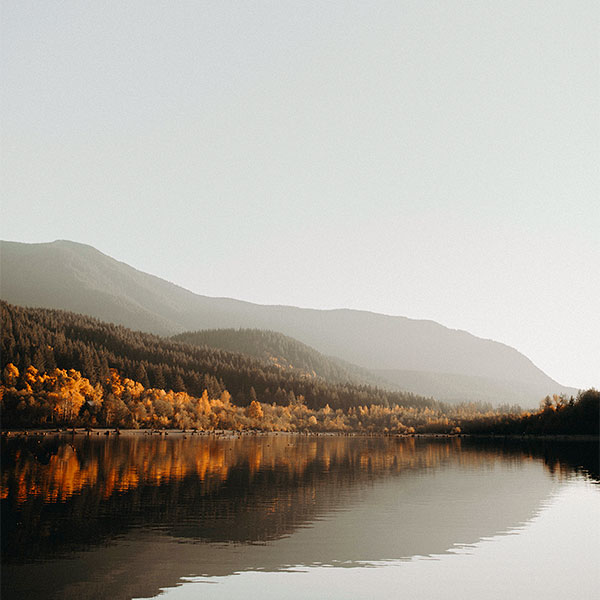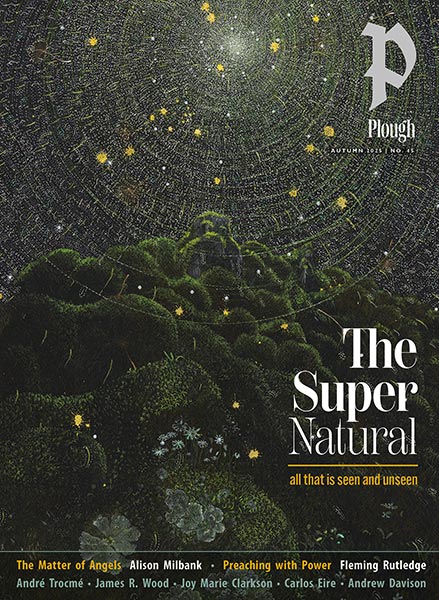Subtotal: $
Checkout
Sometime now past in the Autumnal Tide,
When Phoebus wanted but one hour to bed,
The trees all richly clad, yet void of pride,
Were gilded o’er by his rich golden head.
Their leaves and fruits seem’d painted but was true
Of green, of red, of yellow, mixed hew,
Rapt were my senses at this delectable view.
I wist not what to wish, yet sure thought I,
If so much excellence abide below,
How excellent is he that dwells on high?
Whose power and beauty by his works we know.
Sure he is goodness, wisdom, glory, light,
That hath this under world so richly dight.
More Heaven than Earth was here, no winter and no night.
Then on a stately Oak I cast mine Eye,
Whose ruffling top the Clouds seem’d to aspire;
How long since thou wast in thine Infancy?
Thy strength and stature, more thy years admire,
Hath hundred winters past since thou wast born?
Or thousand since thou brakest thy shell of horn,
If so, all these as nought, Eternity doth scorn.
Then higher on the glistering Sun I gaz’d,
Whose beams was shaded by the leafy Tree.
The more I look’d, the more I grew amaz’d
And softly said, what glory’s like to thee?
Soul of this world, this Universe’s Eye,
No wonder some made thee a Deity:
Had I not better known (alas) the same had I.
Thou as a Bridegroom from thy Chamber rushes
And as a strong man joys to run a race.
The morn doth usher thee with smiles and blushes.
The Earth reflects her glances in thy face.
Birds, insects, Animals with Vegative,
Thy heat from death and dullness doth revive:
And in the darksome womb of fruitful nature dive.
Thy swift Annual and diurnal Course,
Thy daily straight and yearly oblique path,
Thy pleasing fervour, and thy scorching force,
All mortals here the feeling knowledge hath.
Thy presence makes it day, thy absence night,
Quaternal seasons caused by thy might:
Hail Creature, full of sweetness, beauty, and delight.
Art thou so full of glory that no Eye
Hath strength thy shining Rays once to behold?
And is thy splendid Throne erect so high?
As, to approach it, can no earthly mould.
How full of glory then must thy Creator be?
Who gave this bright light luster unto thee:
Admir’d, ador’d for ever be that Majesty.
I heard the merry grasshopper then sing,
The black clad Cricket bear a second part.
They kept one tune and played on the same string,
Seeming to glory in their little Art.
Shall creatures abject thus their voices raise?
And in their kind resound their maker’s praise:
Whilst I, as mute, can warble forth no higher layes.
When I behold the heavens as in their prime,
And then the earth (though old) still clad in green,
The stones and trees, insensible of time,
Nor age nor wrinkle on their front are seen;
If winter come, and greenness then do fade,
A Spring returns, and they more youthfull made;
But Man grows old, lies down, remains where once he’s laid.
By birth more noble than those creatures all,
Yet seems by nature and by custom curs’d,
No sooner born, but grief and care makes fall
That state obliterate he had at first:
Nor youth, nor strength, nor wisdom spring again
Nor habitations long their names retain,
But in oblivion to the final day remain.
O Time the fatal wrack of mortal things,
That draws oblivions curtains over kings,
Their sumptuous monuments, men know them not,
Their names without a Record are forgot,
Their parts, their ports, their pomp’s all laid in th’ dust.
Nor wit, nor gold, nor buildings scape times rust;
But he whose name is grav’d in the white stone
Shall last and shine when all of these are gone.

Photograph by Benjaminrobyn Jespersen
Source: The Complete Works of Anne Bradstreet (1981)
Born in England, Anne Bradstreet (1612–1672) migrated to Salem, Massachusetts in 1630. A devout Puritan and mother of eight children, she was one of the first female poets to be published in the American colonies.
Already a subscriber? Sign in
Try 3 months of unlimited access. Start your FREE TRIAL today. Cancel anytime.





